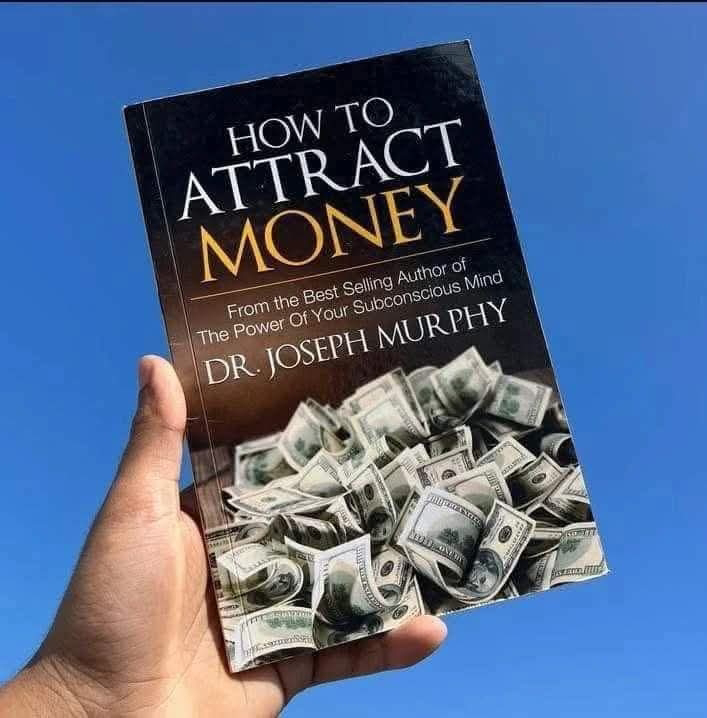Here's how "not born for sales" supplement salespeople become top performers using my proven framework.
I've spent years helping hundreds of supplement salespeople transform from hesitant product pushers into confident health advisors—without changing who they are.
Along my journey, I've worked with introverts, people who hated "selling," and retail staff who thought they'd never be good at face-to-face recommendations.
But my biggest breakthrough came from my own painful struggle standing behind that counter, knowing I could help customers but freezing every time they asked for advice...
See, I remember my first week selling supplements.
A customer asked a simple question about joint pain relief, and my mind went completely blank.
I stammered through some generic response, pointing vaguely at the supplement aisle while my face turned red with embarrassment.
I remember my performance reviews: "Needs improvement in product knowledge and sales ability. Not meeting monthly targets."
Each night, I'd drive home feeling like a complete failure.
I remember sitting in my car after a particularly bad day—when a customer openly asked to speak with "someone who actually knows about these products"...
The real pain wasn't just the poor sales numbers.
It was watching customers leave confused and disappointed when I knew the products could help them.
I understood supplements and their benefits, yet I couldn't recommend them effectively no matter how hard I tried.
I tried memorizing more product information.
I tried being "friendlier."
I went to product training that taught ingredients but not how to actually sell.
NOTHING WORKED.
Every approach made me feel like I wasn't cut out for this career.
I didn't want to push products on people, but I also couldn't stand watching them suffer when I knew solutions existed.
I felt trapped between wanting to help and not knowing how to guide conversations without sounding salesy.
And even though I kept trying different approaches, nothing changed.
The nightmare of daily rejections continued.
But then I discovered something that changed everything.
I made a huge shift in my approach...
...and I'm not exaggerating when I say it transformed my entire career.
The turning point was when I discovered something shocking about my own approach.
I thought I was being helpful by explaining all the product benefits, sharing scientific studies, and enthusiastically telling customers why they needed each supplement.
But then I realized the horrible truth: I was actually HARD SELLING without even knowing it.
Every time I launched into detailed explanations about ingredients and benefits, I was overwhelming customers and triggering their sales resistance.
When I got excited about products and pushed features, I was coming across as pushy—even though I genuinely wanted to help.
The more I "helped" by explaining everything, the more customers politely nodded and walked away empty-handed.
So instead of "accidentally" hard selling while thinking I was helping, I learned to use what I call the "C.L.O.S.I.N.G. Framework"...
...where customers end up asking YOU for the solution, instead of you pushing it on them.
I know that sounds crazy.
How could being helpful actually make customers walk away?
But this ended up being the most IMPORTANT discovery I could have made.
Not only did this revelation save my confidence and eliminate that daily rejection...
It completely transformed how customers responded to me!
Because customers don't want to be "helped" with product explanations...
...they want to be UNDERSTOOD and guided to their own conclusions.
When I stopped "accidentally" hard selling and started using the C.L.O.S.I.N.G. Framework, customers began saying things like "I need this" instead of "I'll think about it."
Today, I consistently rank as a top performer.
Customers specifically ask for me by name when they need help.
And I'm proud of the trusted advisor I've become—using a system that actually works.
Multiple colleagues have told me that watching my transformation showed them what was possible for themselves.
And after helping hundreds of supplement salespeople discover this same breakthrough...
I'm passionate about bringing this message to every supplement salesperson who's been told they're "not a natural at sales."
That's why I wrote "How To Become #1 Without Selling"—my complete framework for recommending supplements face-to-face without feeling pushy.
This is the book I wish someone had handed me when I first started.
In this book, I explain:
✅ How to stop accidentally hard selling while thinking you're helping
✅ The C.L.O.S.I.N.G. framework that gets customers asking YOU for solutions
✅ Why "being helpful" with product explanations actually triggers sales resistance
✅ The exact psychology that makes customers say "I need this" instead of "I'll think about it"
✅ and everything else that made me #1
Get your copy here: https://sellsupplement.com/opt-in?utm_source=fb&utm_medium=paid&utm_campaign=1002-I01C02H08CSEA
I fully believe this framework is what's missing for most people who want to help customers with supplements while building their careers.
Readers constantly tell me this could have saved them years of feeling inadequate and second-guessing themselves.
They didn't know confident recommendations were possible without compromising their values.
And they're surprised at how natural the process becomes once you understand the psychology behind it.
In fact, just last week a supplement salesperson messaged me about how her entire relationship with customers changed after reading the book.
When her colleagues asked what transformed her approach, her answer was simple:
"I finally learned how to help people without feeling like I'm selling them."
https://sellsupplement.com/opt-in?utm_source=fb&utm_medium=paid&utm_campaign=1002-I01C02H08CSEA








